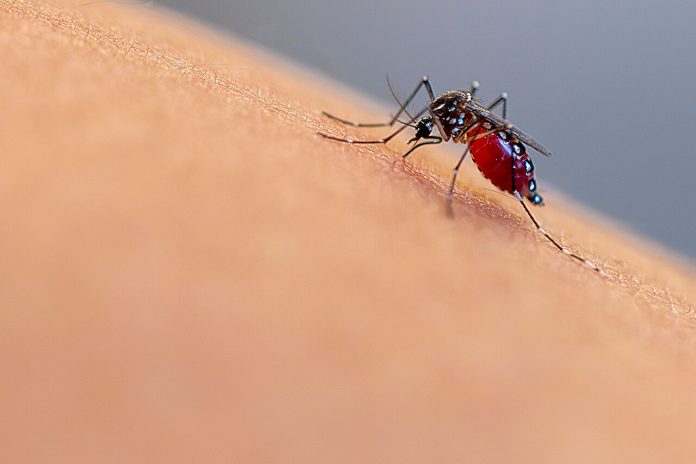
Do you often feel like mosquitoes love biting you more than others?
You might be right.
According to Sonja Swiger, Ph.D., a mosquito expert and professor at Texas A&M University, there is scientific evidence that mosquitoes have preferences for whom they bite.
Mosquitoes mainly use carbon dioxide to find their targets. Your body temperature and odor also play significant roles.
Anything that changes these factors can make you more or less attractive to mosquitoes.
Blood Type Matters—Sometimes
Some studies suggest mosquitoes prefer people with type O blood.
One study in the Journal of Medical Entomology found that a specific mosquito species landed more often on type O blood compared to other blood types, especially type A.
However, Swiger notes that while there may be some correlation, it’s not a guaranteed rule.
Foods and Alcohol Can Attract Mosquitoes
People who drink alcohol tend to emit more carbon dioxide and sweat more, which attracts mosquitoes.
Certain foods can also affect how attractive you are to mosquitoes. For example, bananas and other high-potassium foods may attract mosquitoes because they increase lactic acid production in the body.
This helps mosquitoes locate you.
On the other hand, garlic and vitamin B are often said to repel mosquitoes, but the evidence is limited. Swiger mentions that changing your diet can alter the scents you give off, potentially affecting your attractiveness to mosquitoes.
Pregnancy Increases Mosquito Attraction
Pregnant women seem to attract more mosquitoes. This is mainly because they produce more carbon dioxide. In late pregnancy stages, women exhale about 21% more carbon dioxide than non-pregnant women.
Increased body temperature and other physiological changes also make pregnant women easier targets for mosquitoes.
Local Mosquito Preferences
Mosquitoes can develop specific tastes for local scents over time. Swiger explains that mosquitoes in certain neighborhoods may become accustomed to specific scents and start to prefer them.
Since urban mosquitoes often don’t travel far and have short life cycles of about two weeks, they get familiar with the local people’s scents.
There are likely other genetic factors that influence mosquito preferences, but these are not fully understood yet.
If you find yourself swatting more mosquitoes than your friends, there might be a scientific reason behind it.
What You Can Do
While you can’t change your genetic predispositions, there are ways to protect yourself from mosquito bites.
Wearing long sleeves and pants, staying indoors during peak mosquito hours (dusk and dawn), and using mosquito repellent can help you avoid those itchy bites.
In summary, if you feel like mosquitoes are more attracted to you than others, it’s probably not just in your head. Science shows that factors like blood type, diet, pregnancy, and local scent preferences play a role in mosquito attraction.
By understanding these factors, you can take steps to protect yourself and enjoy the outdoors more comfortably.



